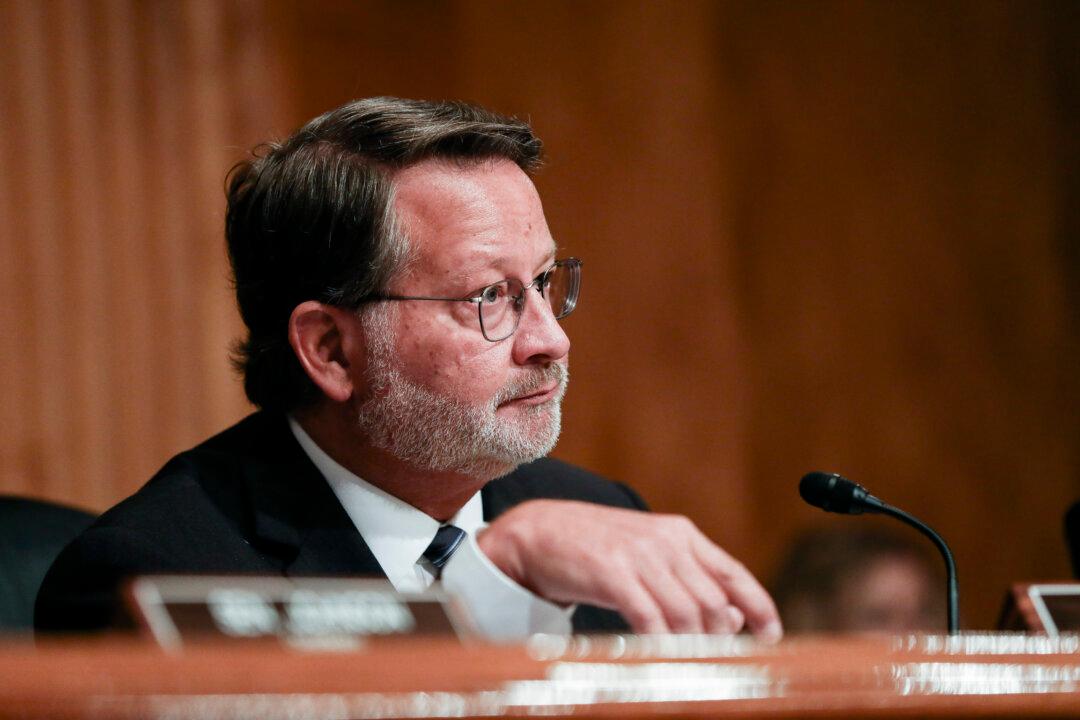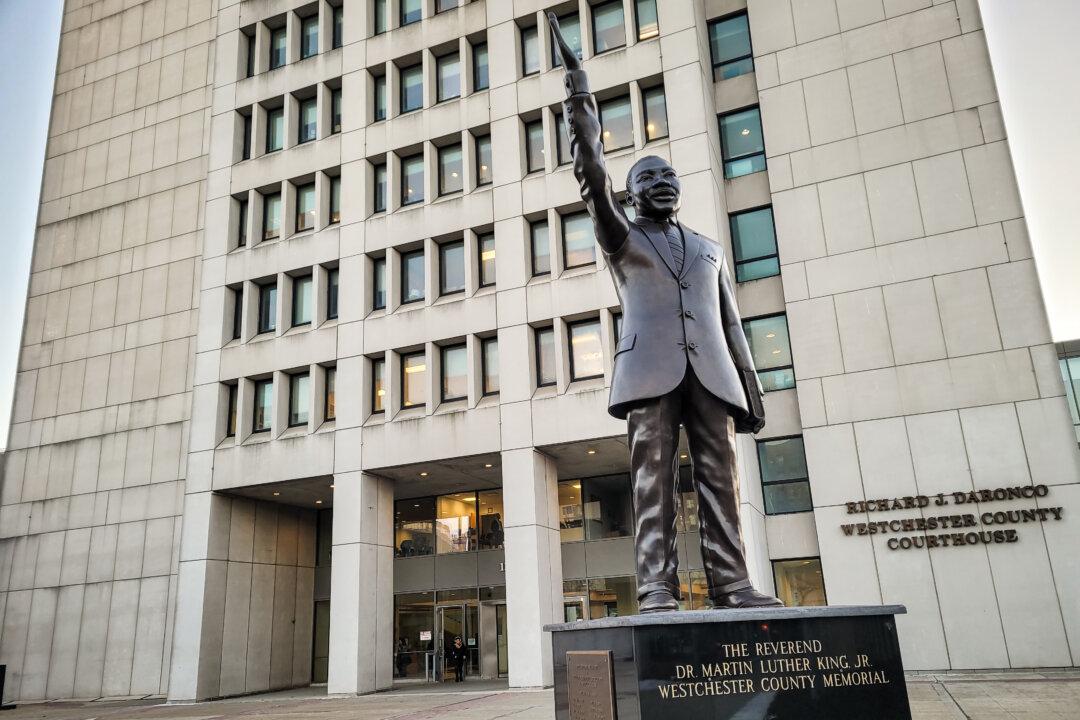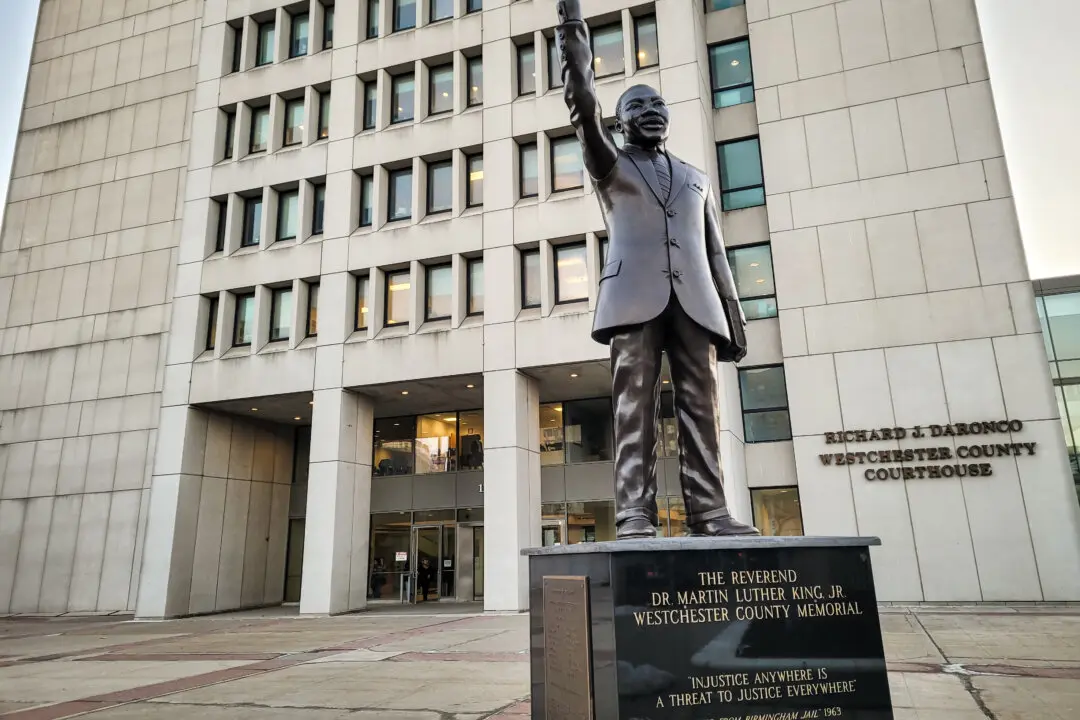Sen. Gary Peters (D-Mich.) has introduced legislation to streamline the declassification of government documents, increasing transparency and information-sharing across government agencies.
“Our current classification system is not just costly, outdated, and inefficient—it’s a growing crisis that undermines both our national security and government transparency,” Mr. Peters, chairman of the Senate Homeland Security and Governmental Affairs Committee, said in a statement on July 29.





